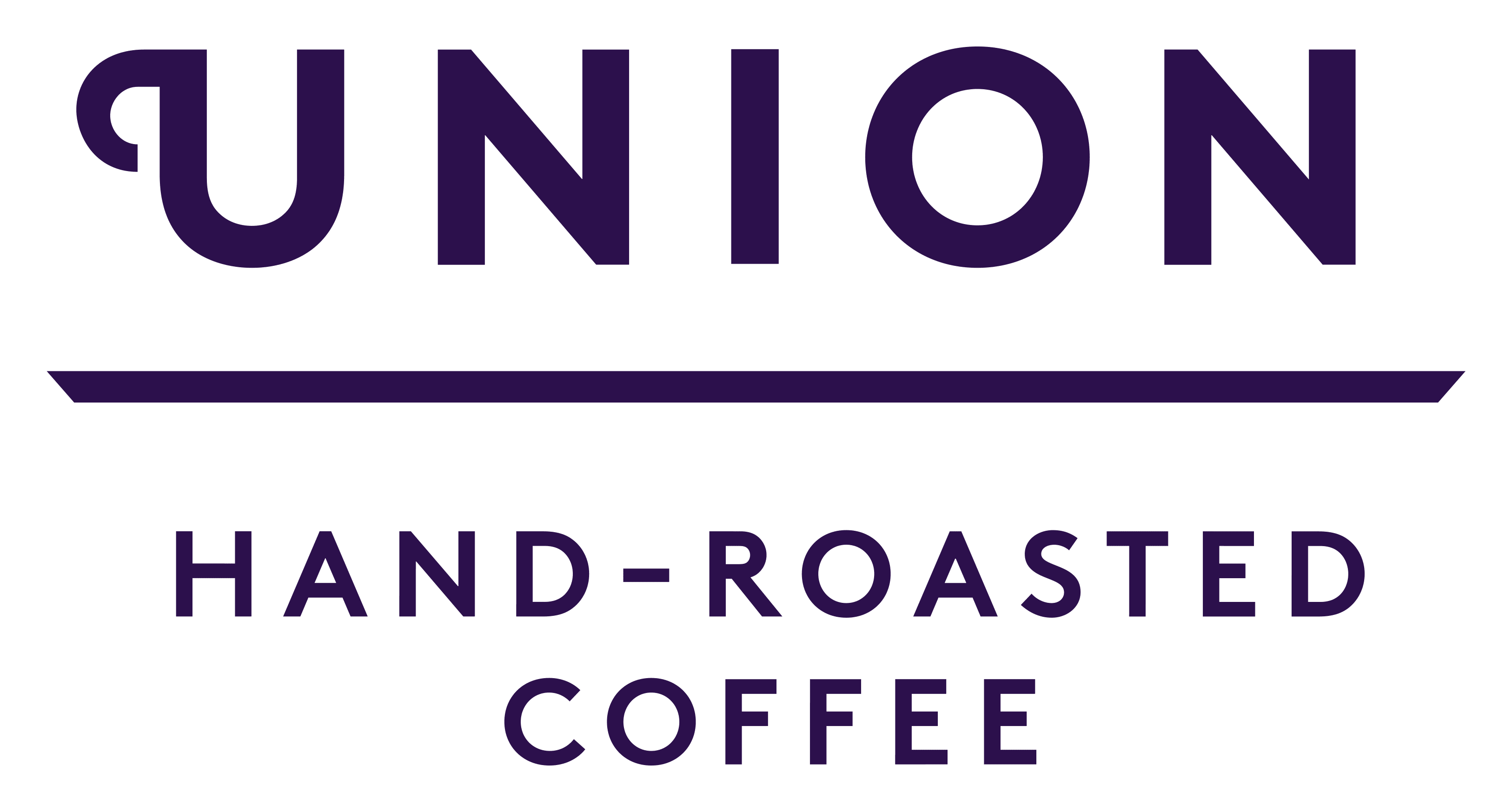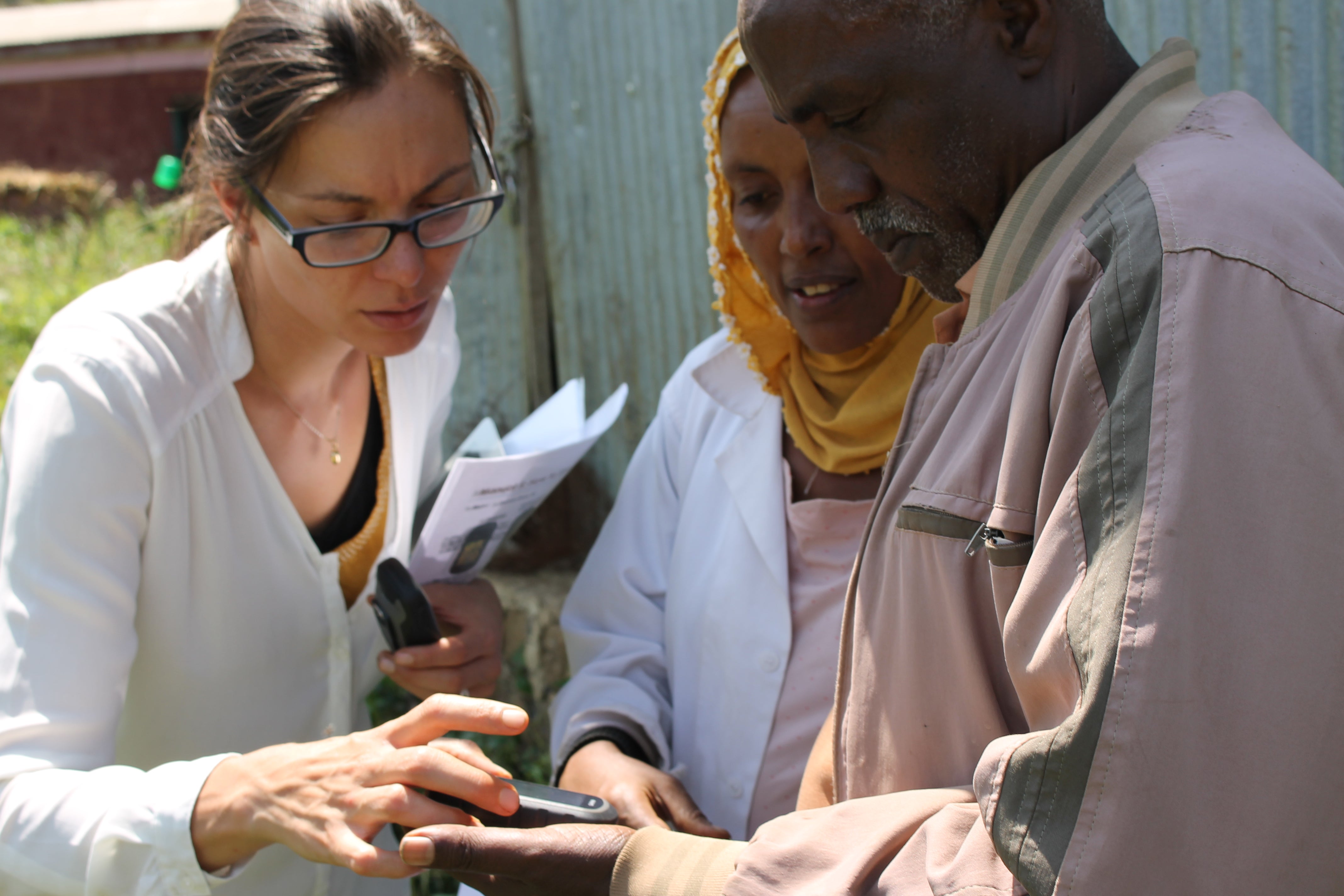This week, we’re celebrating International Women’s Day. This is a chance to celebrate the social, economic, cultural and political achievements of women.
This year’s theme is #EachforEqual - a focus on ‘collective individualism’. We are each individually taking on different conversations and challenges, but working together as a whole, collectively.
The role of women in coffee is undeniably important. Yet, the gender inequalities throughout the coffee industry, especially at origin, are engrained and extensive. We sat down with Pascale Schuit, our Sustainable Sourcing Manager, to explore what challenges there are and how they can be overcome.
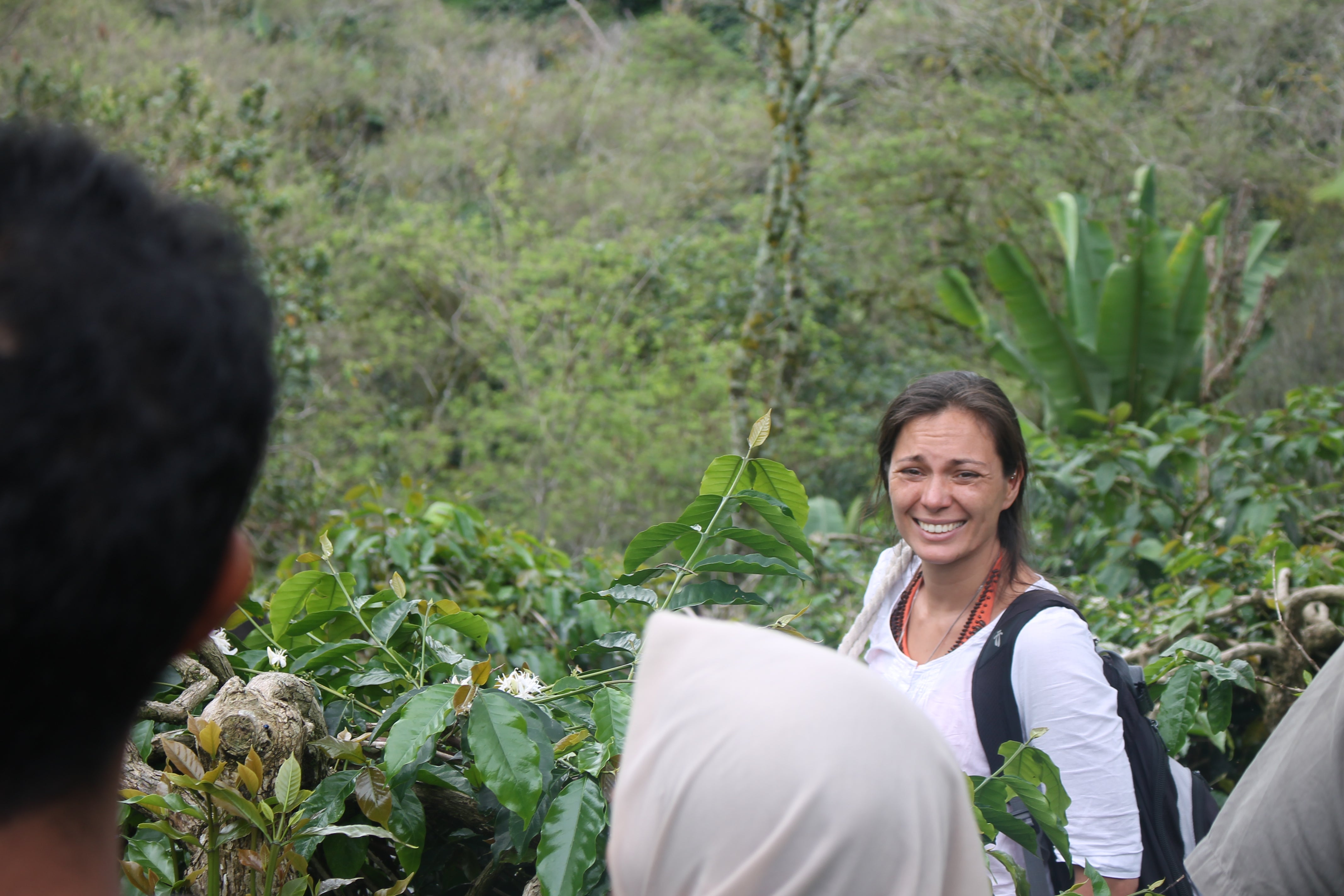
Pascale is our Sustainable Sourcing Manager. Although originally from the Netherlands, her job at Union has kept her moving all over the world for nearly 10 years, with a lot of time spent in Latin America.
Pascale ensures that our trading model, Union Direct Trade, is working and doing the best for everyone we work with. This includes producer visits, helping consult with farmers about quality, performing Code of Conduct audits and assessments, and a lot more.
Pascale thrives to make coffee better. Not just for those who drink it, but for those who grow it.
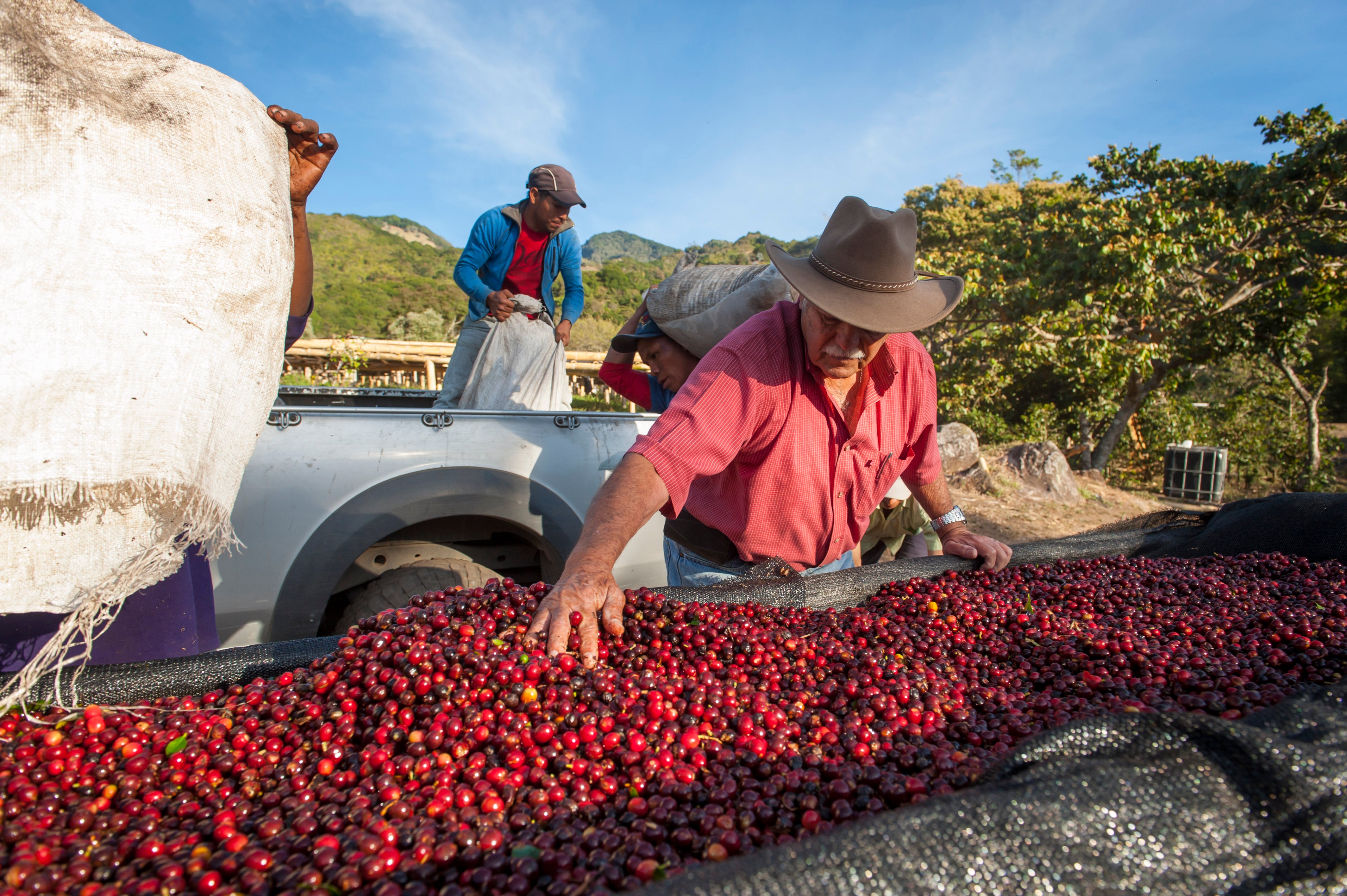
I have spent most of my time in Latin America, and the concept of machismo is the first thing that comes to mind. It stands for the sense of being 'manly’ and self-reliant, a concept that I associate with exaggerated masculinity.
But also, it's associated with the man’s responsibility to protect and provide for his family. Whether machismo, religion, culture or tradition many families hold on to traditional gender patterns: the woman stays home and takes care of her children and the man “protects and provides” his family.
What do you think are the challenges for women getting into coffee?
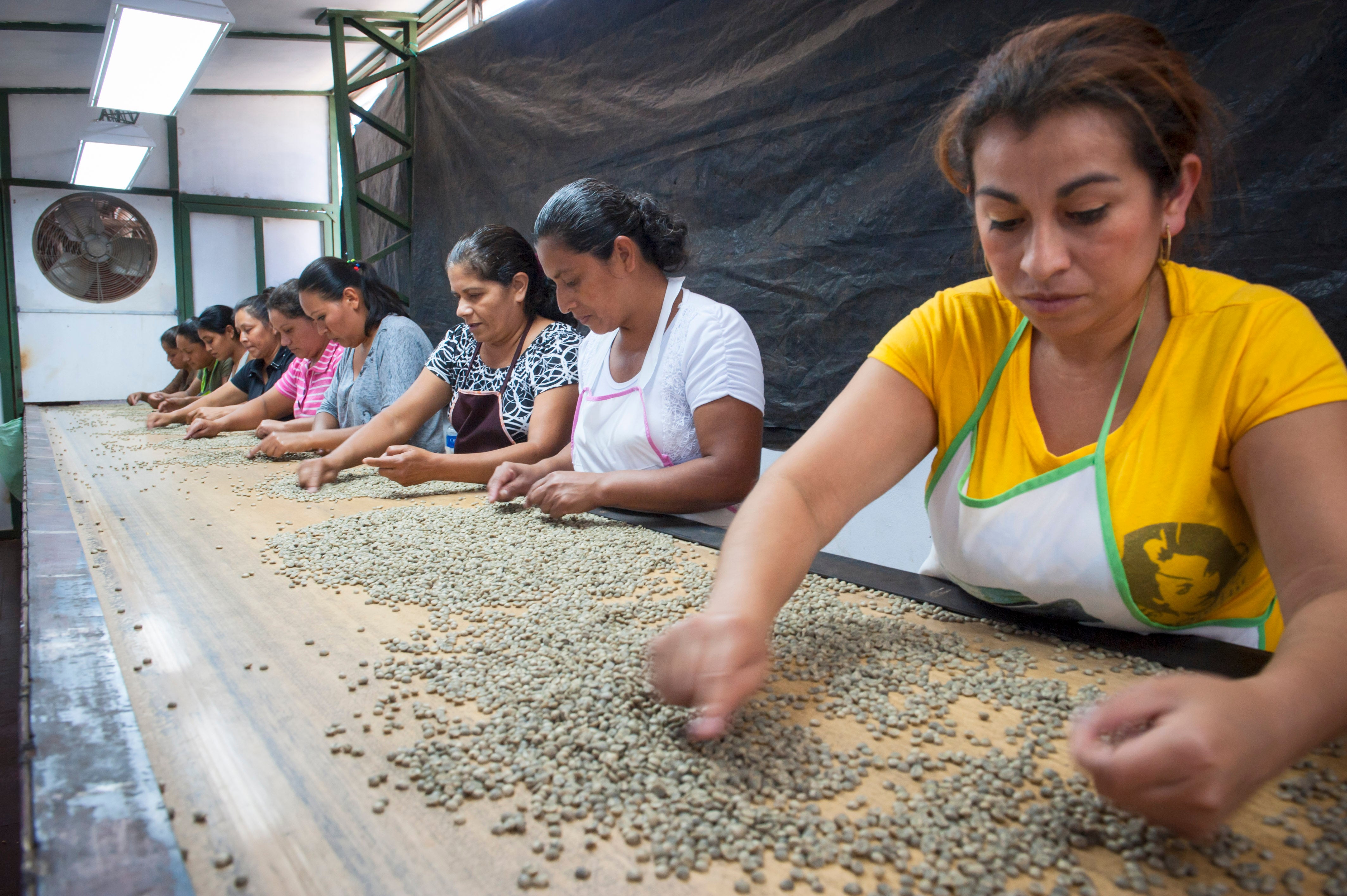
I don’t think this the best way to phrase gender issues in the coffee industry. There are no challenges for women getting into coffee. In fact, there are a lot of women working in coffee.
The real problem is that a lot of work done by women goes unnoticed. This can be harvesting coffee; moving the parchment on the patio in front of their houses three times a day; weeding the coffee field; or waking up at 04:00 to prepare breakfast for their husbands who farm, before taking care of the children. A lot of this work goes “unnoticed”.
It is not uncommon to see that women work the land and harvest the coffee while the husband is the member of the cooperative, and receiving the pay-check when the coffee is harvested. When there is no equal say in how this money is spent, this is not beneficial for the family. Women, and especially mothers, tend to think first about feeding their families, education, and health care.
The biggest challenge for women is not getting into coffee, but to receive recognition for the work they do.
What other issues do women face in coffee?
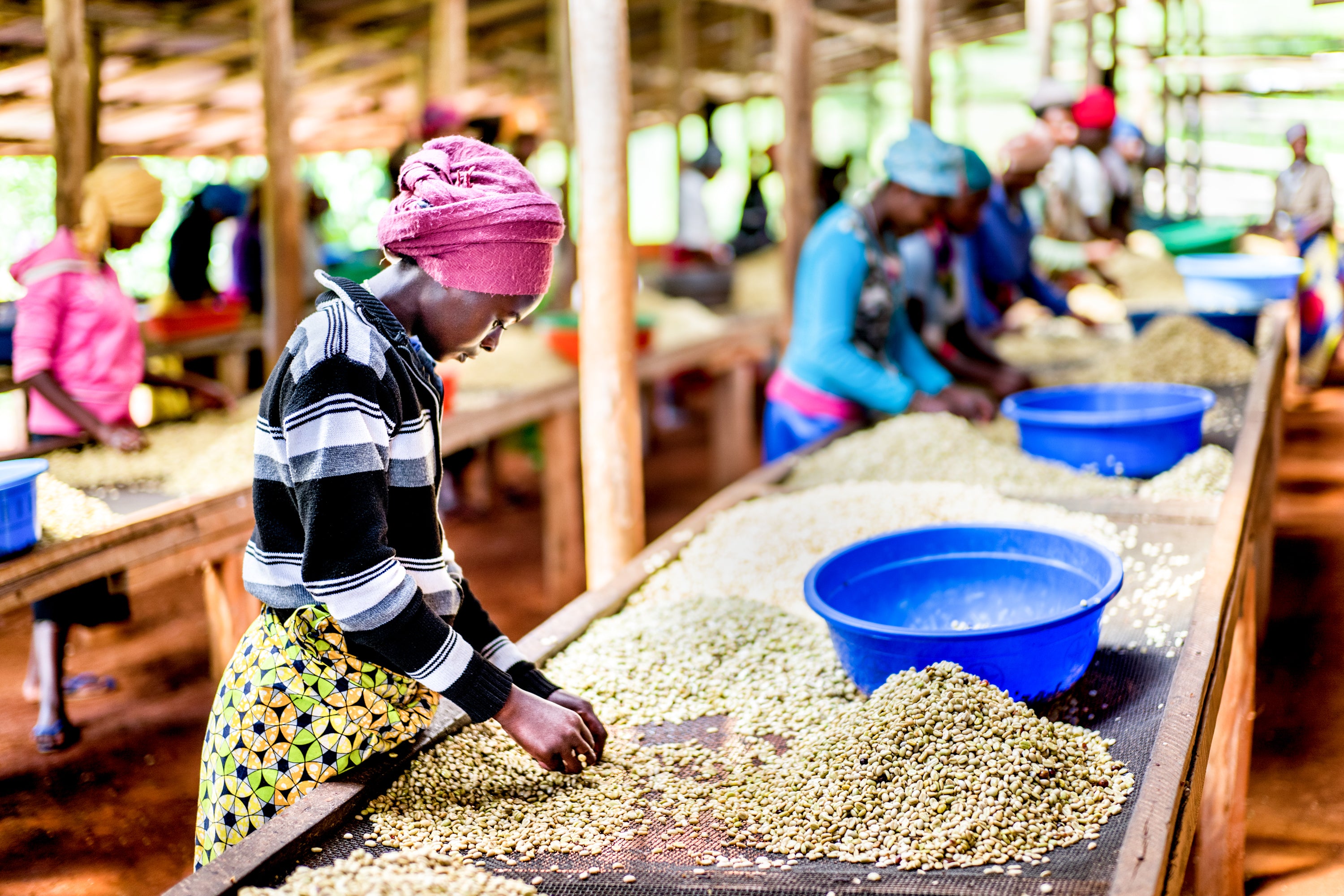
Discrimination is also present in other spaces within coffee production. This extends to not solely the work done by women, but the involvement in organisations, co-operatives and associations.
In some cases, invitations to meetings and training will be sent to the men of a household but not necessarily extended to the women in the family. Considerations are not always taken regarding the hours of the meeting, which can often overrun when women may have obligations to their family.
Our Union Code of Conduct includes special codes regarding women and discrimination. This includes the following:
“Measures are taken to facilitate women’s' participation in training and awareness-raising sessions”
Measures should include:
· Clear communication to women about the sessions
· Conducting sessions at times when women can attend
In terms of leadership, why are there still few women-led farms and co-operatives?
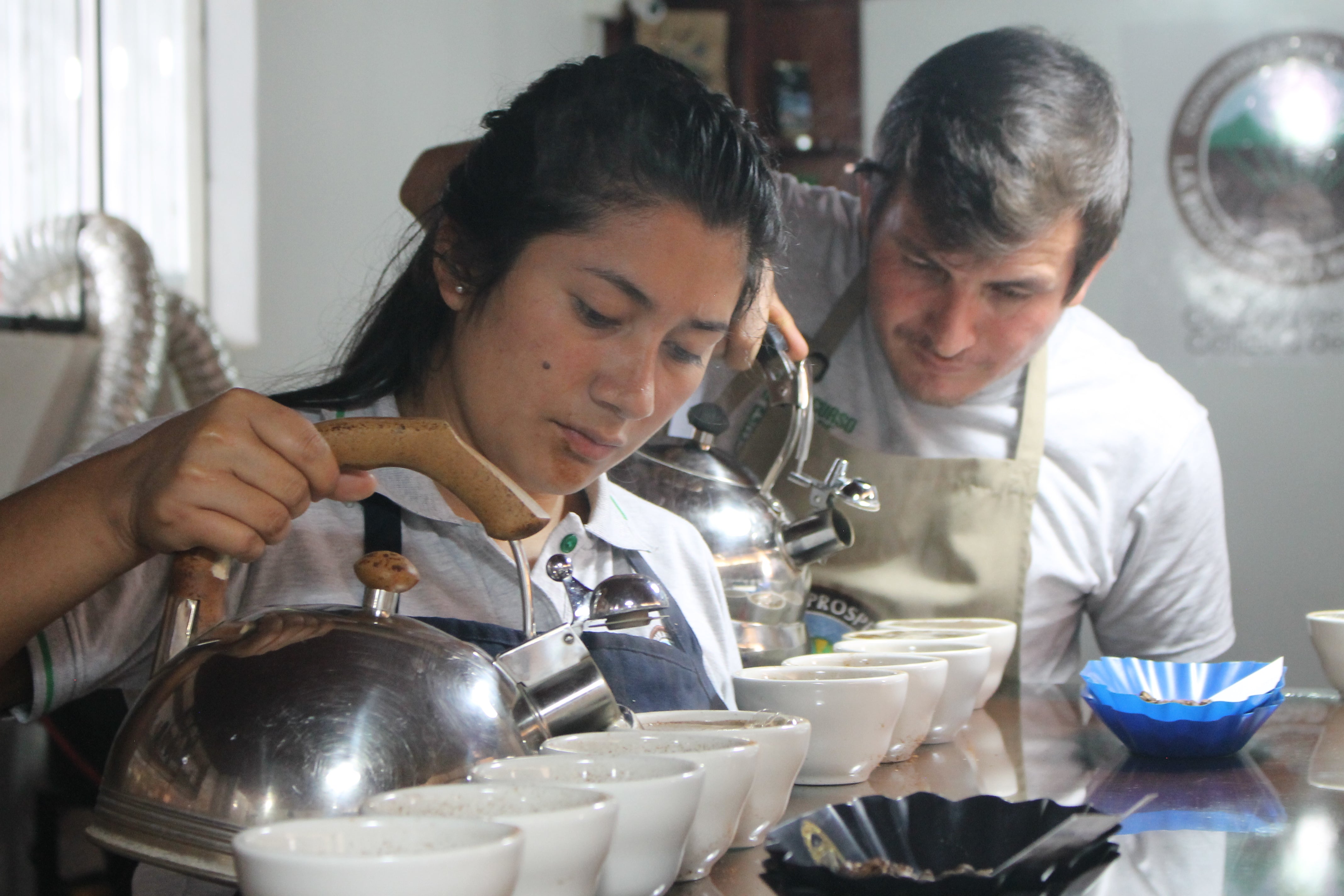
I believe one of the main contributing factors of this is the embedded culture in many countries that women are expected to devote their lives to their family and children. This is different from the position men start in, with an expected duty “to protect and provide".
For example, if your parents expect you to bring up a family, they will be less inclined to opt for high-quality education. Instead, your expected goals are different, you’re set on a different path. In addition to this, the land is usually inherited by men. If your father grows coffee, land usually will go to sons, and if it goes to women, the husband will inherit the land.
I do not believe that there is a lack of qualified women to fill leadership roles in the coffee sector. What is missing is sufficient chances to prove themselves as capable leaders.
How can this be tackled?
Each country is different. The first step is to understand the gender gap of where you're working. Does it exist? How big is it?
It is important to engage both men and woman into this conversation to create awareness of the gaps. When we visit producers, we ask critical questions: what is done about gender within an organisation. We are in a position to make farmers aware of how important gender equality.
Why should we coffee people care about gender in coffee or female recognition?
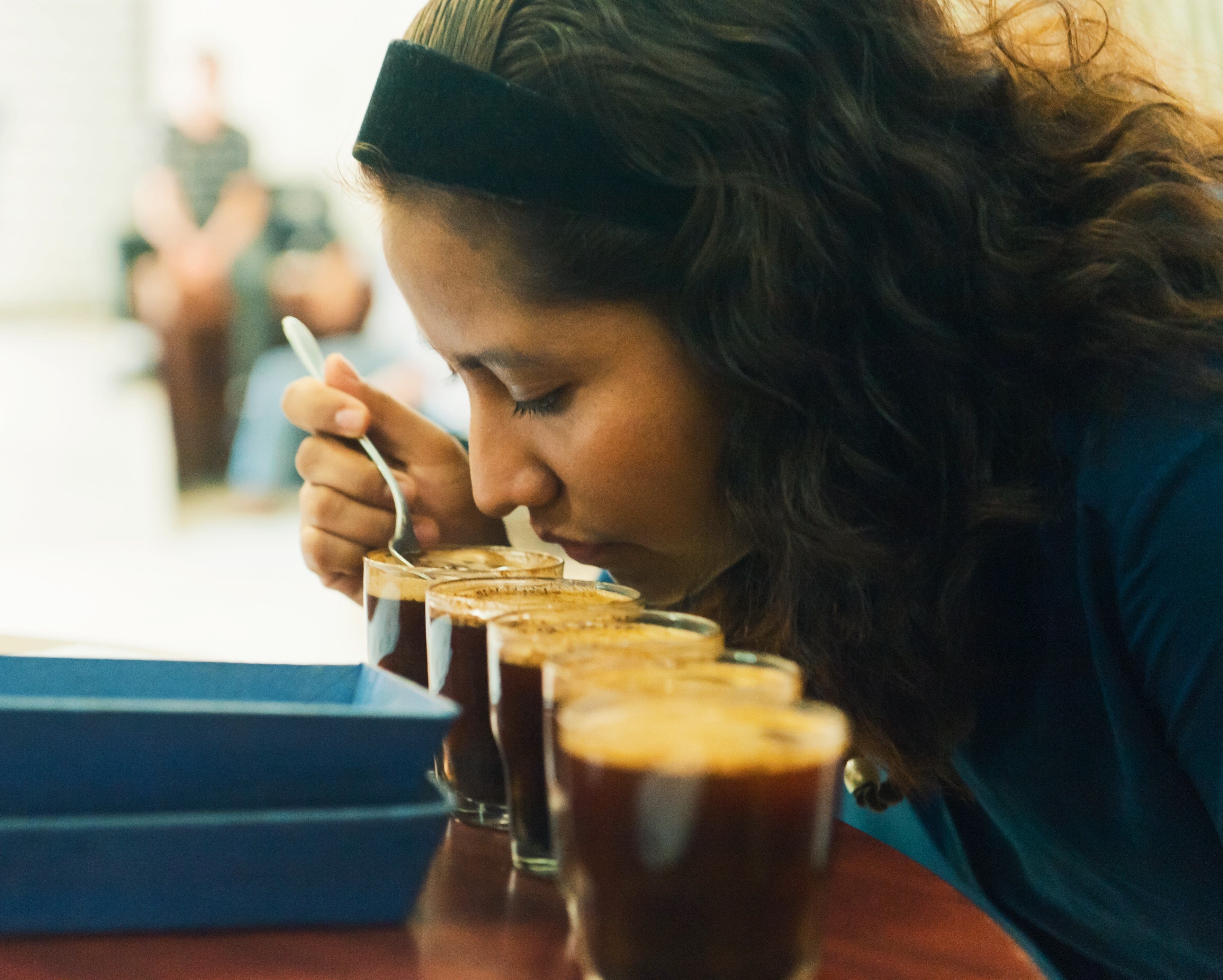
This is about gender equality in coffee. Equal recognition, equal pay, equal chances to leadership. Having gender equality at the top benefits everyone.
It’s good for men and women to shift stereotypical ideas around gender roles. Gender equality also means not holding men back from embracing caretaking and support roles. Moving away from the idea that the role of men solemnly is to “protect and provide”.
Gender equality is good for families whether they rely on women/men as the sole breadwinners or share a two-earner income. There is no reason why women couldn’t be doing things men do and vice versa.
It is good for business to draw on the creativity of a diverse staff and recognise what women can add to the business. Gender is about equality, but it doesn’t mean men and women can have different strengths.
When I ask men about the difference between men and women “attention to detail” is often mentioned. It’s that attention to detail that can make the coffee extra special, or the communication between Union and the farmer a little easier. When I speak to potential new partners for Union, to me it is a plus when I see the organisation has women in leadership positions.
One of my favourite coffee’s comes from Esquipulas, Guatemala, where we source our delicious Liberacion single origin. Iliana Martinez is the brains behind Esquipulas, she is an extraordinary leader. La Libertad is a small village and she has put the area on the map as a speciality coffee producing village/region. The coffee from Esquipulas is being sold in the UK, Italy and Asia. It’s amazing. To me, it shows how much impact one woman with a dream can have.
There are still major steps to be taken towards gender equality in coffee. It's up to everyone within the supply chain to talk, open the conversation, and take the next steps. The potential for coffee is vast and can be enabled through thriving for gender equality.
Want to keep on top of our new releases, stories from origin and news from the roastery? Follow us on Instagram, Twitter and Facebook, and why not sign up to our newsletter?
